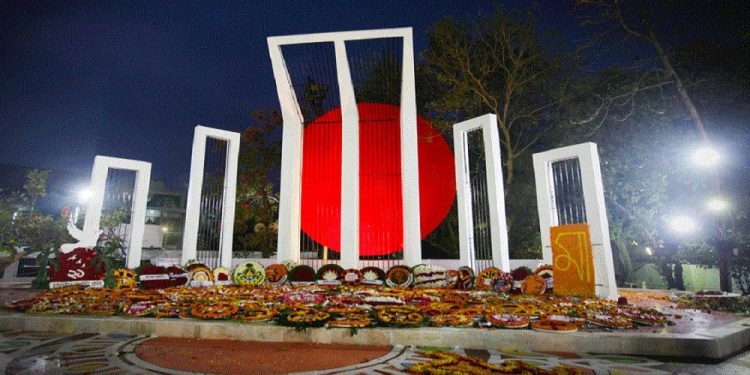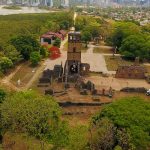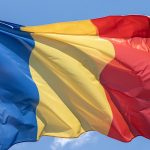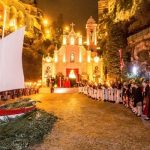
Language Martyrs’ Day
Observed annually on February 21st in Bangladesh, Language Martyrs’ Day commemorates those who lost their lives in 1952 during the Bengali Language Movement. It is a national holiday in Bangladesh, so the general population has a day off, and schools, government offices, and most businesses are closed for the day.
This holiday is known by several different names, including State Language Day, Language Movement Day, and Shôhid Dibôs in Bengali. On this day, the national flag is flown at half-mast on all government buildings and many private businesses. It is also a day when television channels broadcast special programs to highlight the importance of this holiday.
The History of Language Martyrs’ Day
India was partitioned in 1947 by the British, creating the Dominion of Pakistan. This region featured two distinct areas—one to the northwest and one to the northeast of India. While the Dominion controlled the western part, most people lived in the eastern portion where Bengali was the primary language.
The Dominion wanted Urdu to be the official state language used in media and schools. This caused a great deal of unrest and eventually led to protests in East Pakistan.
In 1952, the government reacted to the protests by passing a law that banned any gathering of more than three people. In defiance of this oppressive law, students began gathering at the University of Dhaka on February 21, 1952.
The police enforced the law, which enraged the already agitated crowd. When the students attempted to enter the East Bengal Legislative Assembly, the police opened fire on them. This resulted in the deaths of four protesters.
The protests led to Bengali being recognized as the second official language of Pakistan in 1956. Pakistan’s Constitution was also amended so that both Urdu and Bengali would be the official languages of the country.
Observing Language Martyrs’ Day
This holiday is observed by flying the Bengali flag at half-mast in mourning for the students who died on this day during the Language Movement. People also get the day off, so they often visit with friends and family members on this day.








